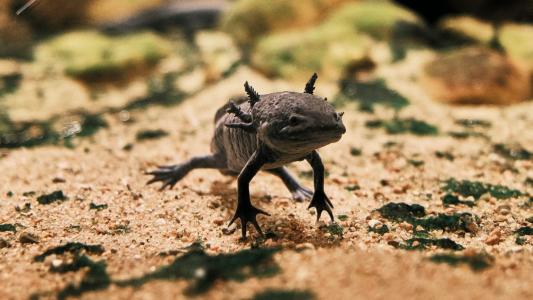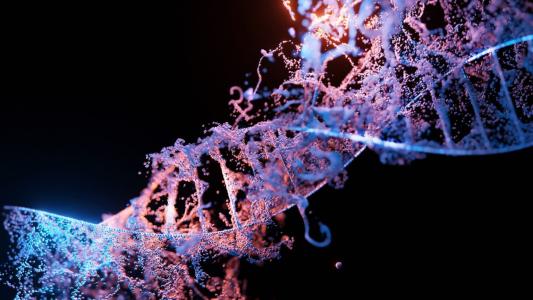Biology
Study finds a striking difference between neurons of humans and other mammals
Researchers identified a “building plan” that holds true for every species they looked at — except for humans.
What’s causing the alarming rise in cancer for adults under 50?
A new review finds that 14 different cancers, including eight related to the digestive system, are increasing in people under age 50.
Scientists discover animal that doesn’t need oxygen to live
The parasite infects salmon and lives within the fish muscle, though scientists aren't quite sure how it breaks down nutrients for survival.
Axolotls can regenerate their brains
Axolotls are a model organism researchers use to study a variety of topics in biology because of their regenerative abilities.
Are near-death experiences just psychedelic trips?
One possible explanation of near death experiences is that our brains are flooded with a hallucinogenic, DMT.
When remains are found in a suitcase, forensics can learn a lot from the insects trapped within
The investigation of human remains in a suitcase can often represent a Pandora’s box, full of complicated problems.
ARPA-H: High-risk, high-reward health research is the mandate of new, billion-dollar US agency
A new multibillion-dollar federal agency was created with a goal of supporting “the next generation of moonshots for health.”
Woman with rare gene mutations feels no pain, anxiety
A woman in Scotland was found to feel virtually no pain and report zero trace of any anxiety or depression.
Dolphins use signature whistles to represent other dolphins – like names
Bottlenose dolphins are extremely social animals that communicate constantly, and consistently use signature whistles for one another.
CRISPR fully reprograms mammal genome for the first time
CRISPR has been used to rearrange the chromosomes of lab mice, a world’s first in mammals and a breakthrough in bioengineering.









